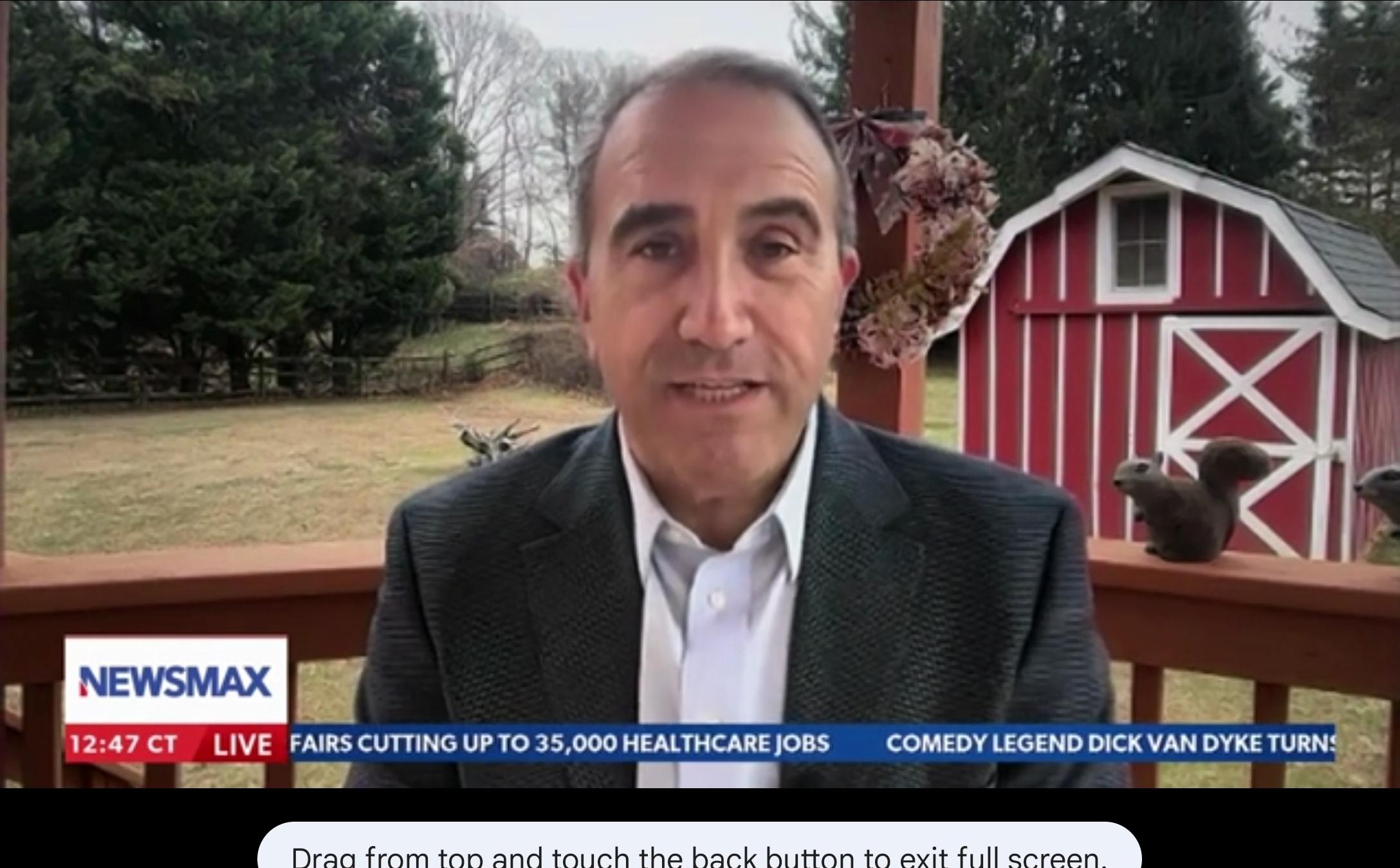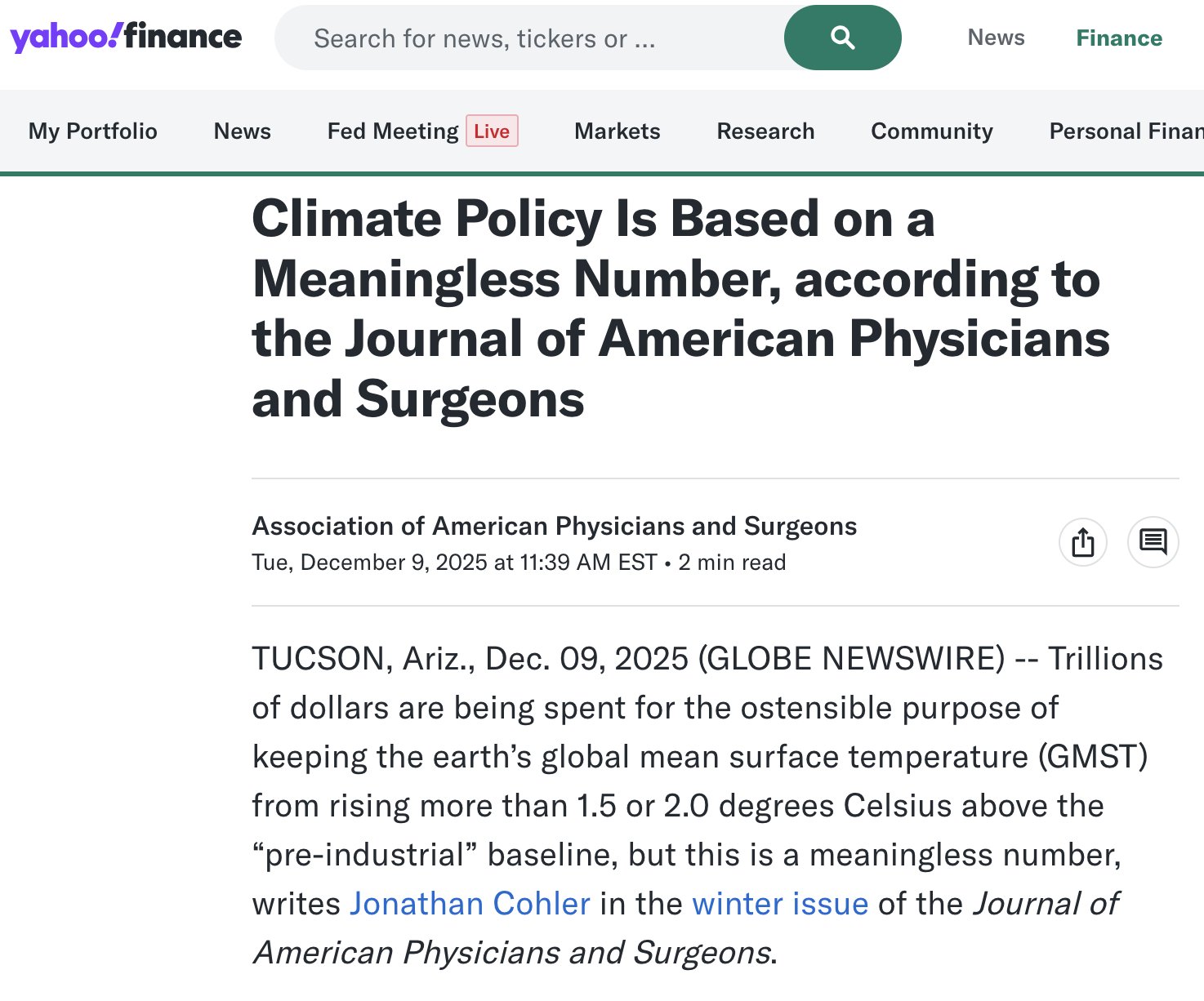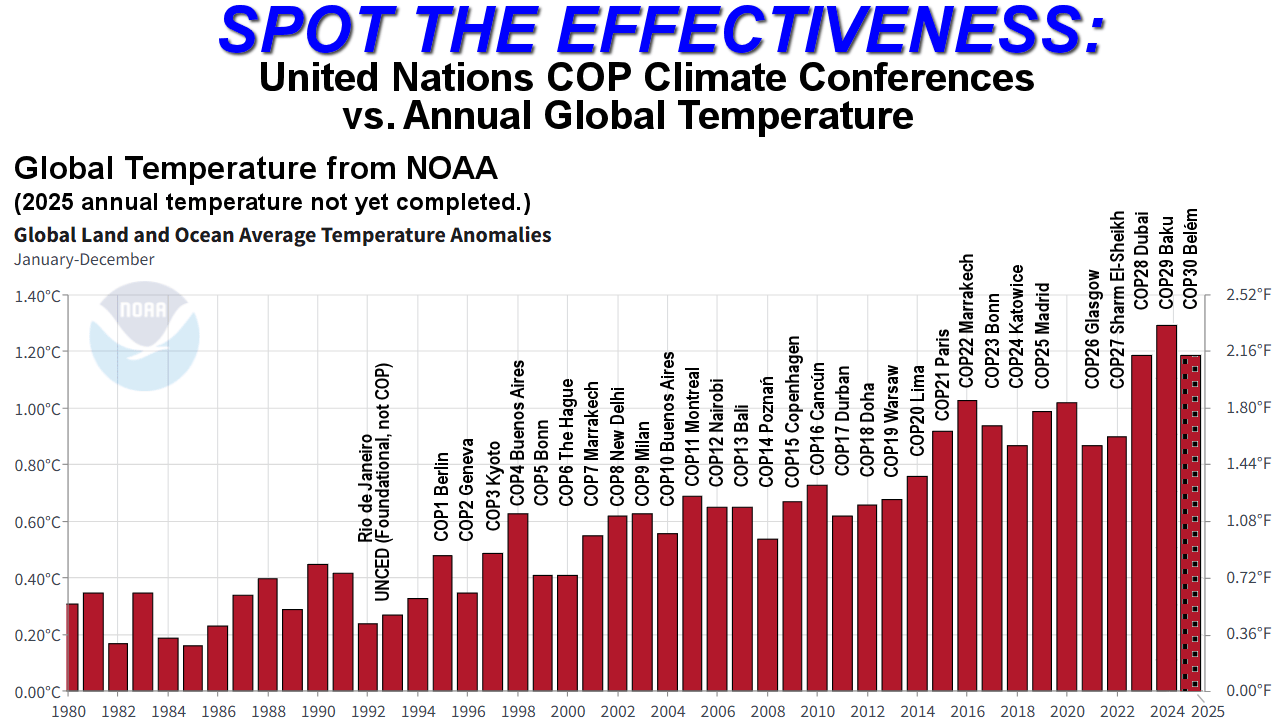Scott Pelley And Catherine Herrick On Global Warming Coverage
This past Sunday, 60 Minutes aired its second report of the season on global warming. Both reports featured correspondent Scott Pelley. Pelley also did areport on New Orleans that dealt with climate change, and he is now exploring different angles for another possible global warming story next season.
I spoke with Pelley and producer Catherine Herrick, who produced Sunday’s story with Bill Owens, about why they have become focused on global warming, as well as the nature of their coverage of the topic.
Both of the global warming stories, Herrick says, grew out of the release of the results of the Arctic Climate Impact Assessment, which were presented in November 2004. It is considered the most comprehensive assessment of climate change ever undertaken. The second story, which focused on government scientist James Hansen, grew out of the first, Pelley says, and the two were originally going to be part of the same story.
I told Pelley that his apparent focus on global warming could lead some to the conclusion that he was on a crusade. “It’s not a crusade for me, but it’s a topic I’m very interested in,” he says. He adds that while two of the twelve stories he’s doing this season are on global warming, they are those are the only two that he’s aware of “60 Minutes” doing – and the show does more than 100 stories in a season. “So that ain’t much,” he says, noting that there are plenty of other topics that have been covered twice, such as prisoner abuse. I pointed out that one see those other topics all over the place, while global warming doesn’t seem to get as much attention.
“It’s very expensive to do global warming stories,” says Herrick, noting the logistical difficulty of going somewhere like the Arctic Circle. “This has been my life since November of 2004.” When pressed on why they, specifically, were covering the topic, Pelley and Herrick focused on why it was newsworthy, not personal interest. Pelley noted that the president is now talking about warming, the scientific community has become more united in its opinion on the topic, industries like coal and insurance are changing their approach to dealing with warming issues, scientists are saying it’s happening faster than ever before, and “it’s something the audience is very interested in.”
Pelley’s most recent report, like his first, did not pause to acknowledge global warming skeptics, instead treating the existence of global warming as an established fact. I again asked him why. “If I do an interview with Elie Wiesel,” he asks, “am I required as a journalist to find a Holocaust denier?” He says his team tried hard to find a respected scientist who contradicted the prevailing opinion in the scientific community, but there was no one out there who fit that description. “This isn’t about politics or pseudo-science or conspiracy theory blogs,” he says. “This is about sound science.”
But doesn’t the fact that there are a lot of Americans who are skeptical of global warming – not well respected scientists, perhaps, but ordinary people watching the segment – warrant at least some recognition of the other side? “There becomes a point in journalism where striving for balance becomes irresponsible,” says Pelley.
Herrick compares the debate around global warming to that which once took place around seatbelts. “There was a debate about whether they could save your life, and it moved beyond that to what we can do about it,” she says. She adds that a debate about the existence of global warming today may not be legitimate, but that doesn’t keep it from popping up on cable news. “Special interests put out some great spokespeople, who are often better equipped to make their arguments that the people defending the science,” she says. “People on the science side don’t understand why the debate is still going on.”




